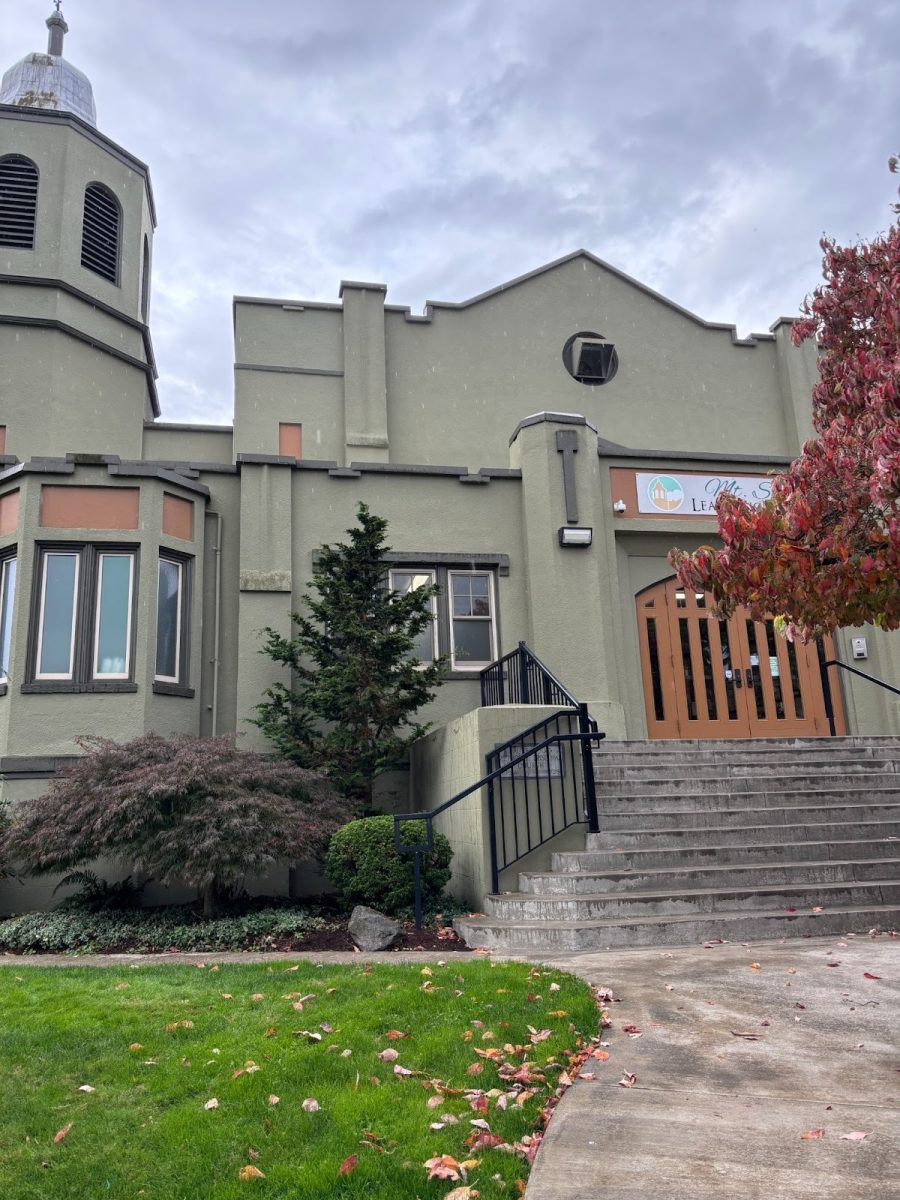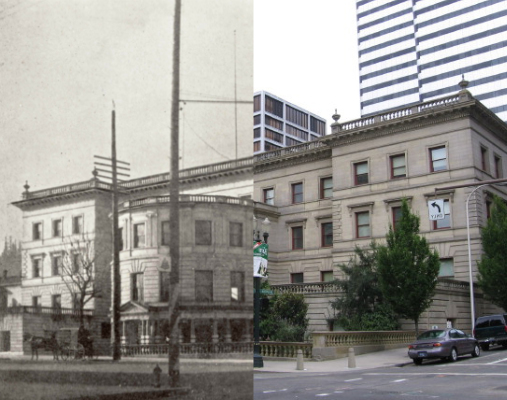This November, Portlanders will vote to approve or reject Measure 26-228, which would make major changes to Portland’s current form of government for the first time since 1913. The measure, more commonly known as the charter reform, proposes the creation of four districts each with three representatives who would be elected via ranked-choice voting. This would replace Portland’s current setup of four citywide commissioners. It would also require the mayor to appoint a city administrator who oversees all of Portland’s bureaus, a responsibility currently delegated to the commissioners.
Every 10 years, the City Council appoints a Charter Commission to review and recommend amendments to the City of Portland Charter (the city’s Constitution). After roughly two years of evaluation and redesign, the 20-person volunteer group voted 17-3 to refer the sweeping reforms to the ballot.
The center-piece of the charter proposal is the complete redesign of the commission form of government that we use today. Currently, four city-wide commissioners are elected to the City Council. Each commissioner, as well as the mayor, oversees a swath of separate city bureaus. As an example, commissioner Jo Ann Hardesty currently supervises Portland Bureau of Transportation, Office of Community & Civic Life, and Portland Fire & Rescue.
If a majority of voting Portlanders approve the charter, four multi-member districts within Portland would be drawn by a nonpartisan commission. Then, in the 2024 general election, each district will vote on three commissioners to represent their district. The 12 total commissioners will not oversee bureaus and instead will be able to focus energy on legislation and their districts’ needs. Bureaus would instead be supervised by a “city administrator” appointed by the mayor and approved by the new city council. In addition to appointing the city administrator, the mayor would have a tie-breaking vote in the council, and be tasked with proposing a budget.
The charter reforms are tied together by a variation of ranked choice voting, which serves as an alternative to winner takes all elections. On the ballot, Portlanders would be able to rank as many candidates as they choose in their order of preference. To find out who wins, votes are counted in a series of rounds to ensure that as few votes as possible are wasted. Prior to the vote, a threshold is set to determine a percentage of votes that guarantees a victor. Each round, one of two things happens. If a winning candidate meets or exceeds the threshold and is elected, the votes they received in excess of what they needed to win transfer to voters’ next choices. If no one meets the threshold,the candidate in last place is eliminated, in which case votes for that candidate transfer to their next choices. Additional rounds take place until each seat is filled.
If passed, the reforms would alter the city constitution for the first time since 1913, a time when Portland’s population was around one third of what it is today. “We need a constitution that reflects our differences currently,” says charter reform supporter and PPS Student Council member Danny Cage.
Fueled by a number of nonprofits, the ballot measure’s campaign has raised over $200k to convince Portlanders to vote yes. Supporters such as the American Civil Liberties Union, Portland Association of Teachers, and the Portland National Association for the Advancement of Colored People 1120 Branch believe that the reform will bring more representation to marginalized communities of Portland that fall through the cracks of the current government system.
Specifically, importance has been placed on the value of bringing more representation East of 82nd Ave known as ‘East county.’ In Portland’s history, there have only been two people elected to the Portland City Council who live in this area of the city. Cage, an East county resident, thinks districts will increase care for typically disregarded portions of the city; “it forces the council to engage with the community, but it also gives people within those districts political representation.”
The measure also aims to organize Portland’s city government with the addition of a city administrator to oversee all bureaus. “Our homeless bureaus, our transportation bureaus, our housing bureaus all need to be able to interact with each other and our current setup doesn’t allow that,” says Cage. Portland wouldn’t be the first city to appoint an administrator to oversee bureaus; San Antonio, Texas and Phoenix, Arizona currently employ a city manager or administrator.
The campaign is not without opponents. Current commissioners Dan Ryan and Mingus Mapps are both outspoken no-votes against the new charter. “I think we’re going from the most antiquated form of government to kind of an experiment,” Dan Ryan recently told KGW8.
A common argument against the measure is that it’s too much all at once, lumped together. “The charter commission was tasked with making democracy better in Portland and part of democracy is giving people the choice,” said former commissioner candidate and outspoken no-vote Vadim Moristsky, on a KGW8 segment of Straight Talk. “Let’s have three different ballot measures, one about our commission form of government changing to city manager form of government, one about district voting… and perhaps one extra measure on ranked-choice voting.”
“I think a lot of people are afraid of a lot of change going on but a lot of change needs to happen at the same time because we have so many ways our city isn’t working,” says Cage in response to claims that the measure has too much, too fast.
The decision will be left up to Portlanders who are expected to receive their ballots in late October.


































